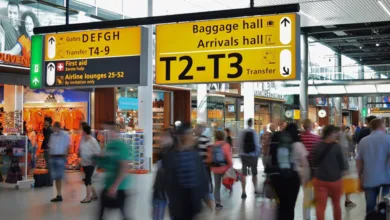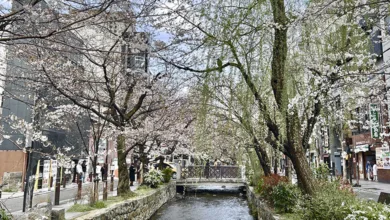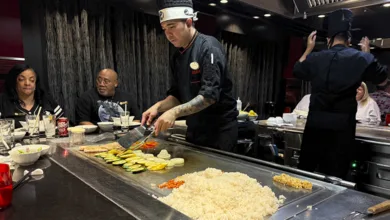Why We Can’t Get Over Anthony Bourdain
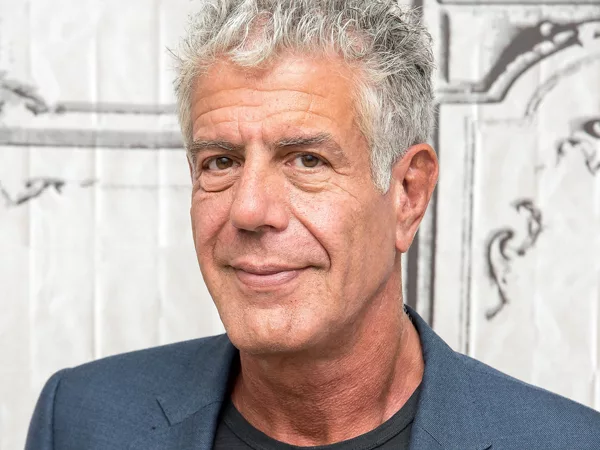
Travel changes you. As you move through this life and this world you change things slightly, you leave marks behind, however small. And in return, life, and travel leaves marks on you.” — Anthony Bourdain
On June 8, 2018, the world lost Anthony Bourdain. And it’s been almost impossible to find the right words to describe his life and legacy.
On a recent France Viking River cruise, a group of international travel and food writers all discussed the career and impact of Anthony Bourdain. We all agreed getting over his death was something we’d struggle with for the rest of our lives. Not only did he take us on his journeys to find some of the world’s best and most hidden treasures, but he also allowed us to take a seat at his table. He showed us the world is a marvelous place and that, despite culture and distance, people are not so different after all.
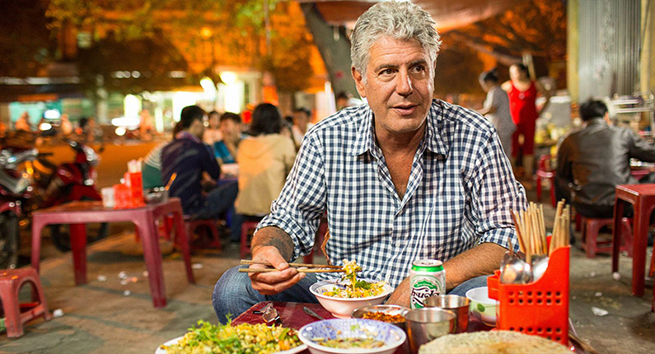
While most travel shows highlight popular global destinations, Bourdain and his crew went to places well off the beaten path, hence the name “Parts Unknown.” He challenged us to try new foods, visit new places, and dive into the lives and cultures of the fascinating people we interact with on our own travels.
Bourdain was not afraid to venture into places that carried scars: The Congo, Palestine, Haiti, Iran, and, his favorite, Vietnam. Instead of avoiding stories of the human condition, he sought them out.
Bourdain’s shows highlight his love of food and culture. They also explored his personal journey through life with all its many struggles and accomplishments. But nothing had greater impact than his final “Parts Unknown” series that aired from 2013 until his death. Bourdain truly found himself, and the world found a new love: Food, the magic ingredient linking people of all cultures and all walks of life.
Yes, food is where it all started. Bourdain’s life mirrored this as a kitchen worker, sous chef, executive chef, and published food aficionado. It was emails he shared of his early travels that highlighted his unique insight into the relationship between food and culture. As his career as a traveling food journalist took off and his viewership grew, so did his insight on humanity.
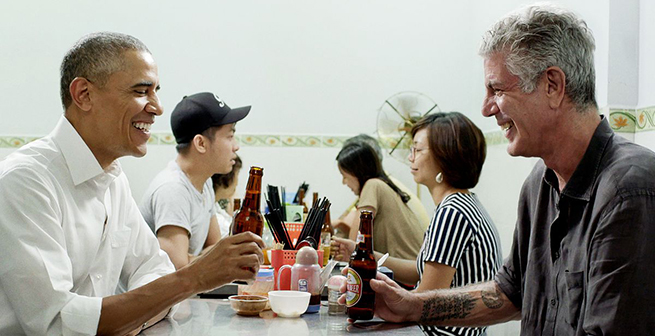
Upon hearing of his death, I wondered if Bourdain ever realized how much he meant to so many of us. Even former President Barack Obama, a dinner guest during Bourdain’s visit to Hanoi, Vietnam, acknowledged Bourdain’s profound impact on the world.
“He taught us about food,” President Obama said, “but, more importantly, about its ability to bring us together.”
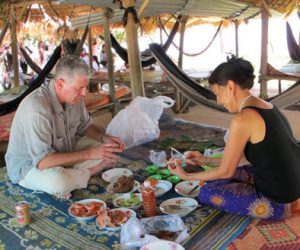
It wasn’t just about the exotic foods Bourdain savored and shared. It was about breaking bread with people from a different world and connecting with them.
His droll sense of humor and infectious laughter united us unforgettably.
He taught us we are all citizens of this world; that learning to love and respect our differences just makes us all the better.
Bourdain admitted he never felt exceptional and that he believed his fame was unwarranted. His fearless free spirit touched and inspired all who knew him, and even those who didn’t. He was an incredible storyteller, but probably what we loved most about him is that he was so darn human. If we could have named a “Foodie Ambassador of the World,” it would have been Anthony Bourdain.
On our next visit to a distant land and a different culture, let’s order a unique culinary treasure, share with the locals, and drink a toast to Anthony Bourdain. Without him, we probably wouldn’t be there.
Sadly, depression cost Anthony Bourdain his life. And depression cost the world the beloved Anthony Bourdain. Whatever pain he must have felt at the end, we as his loyal followers and food lovers will forever carry the pain of his death. True to his words, he did leave his marks behind. But they were certainly not small.



